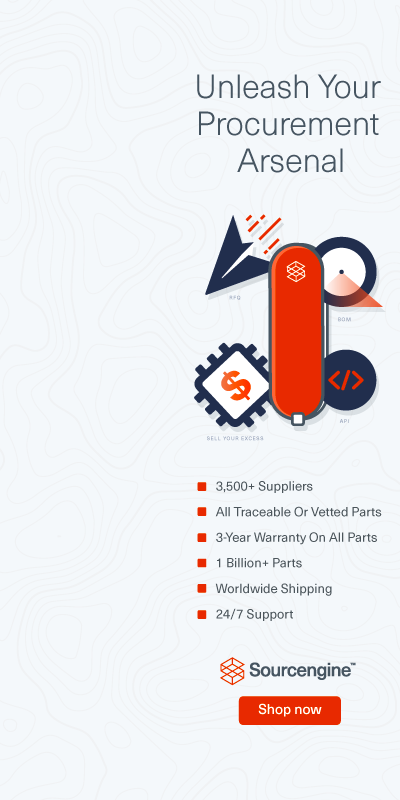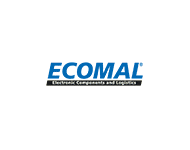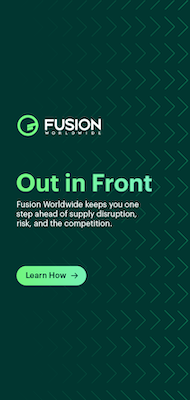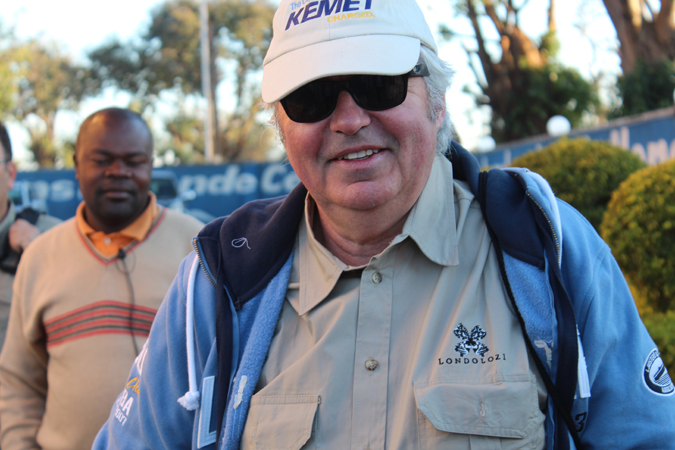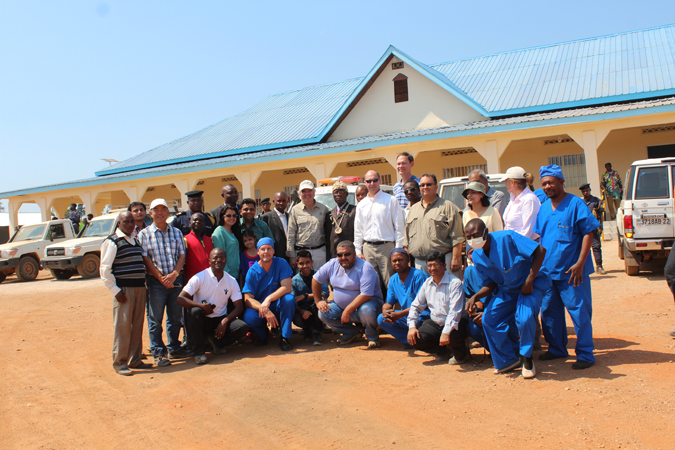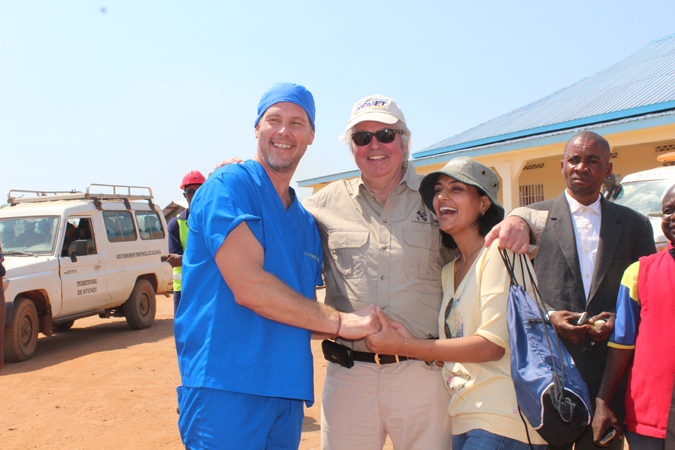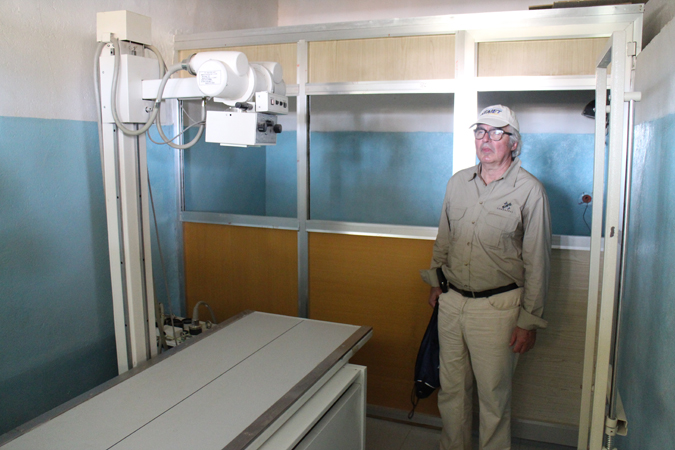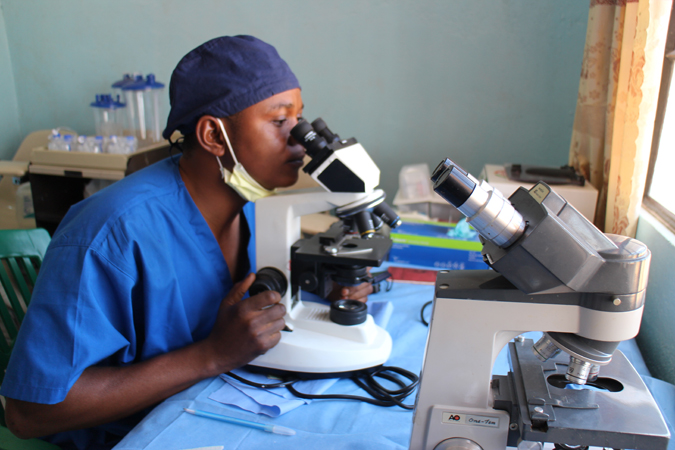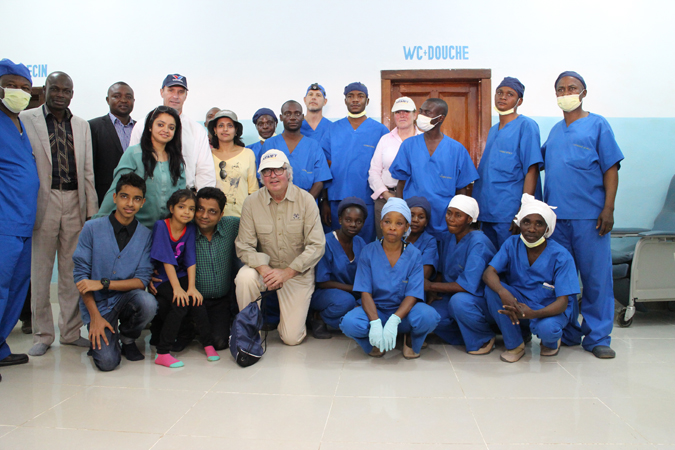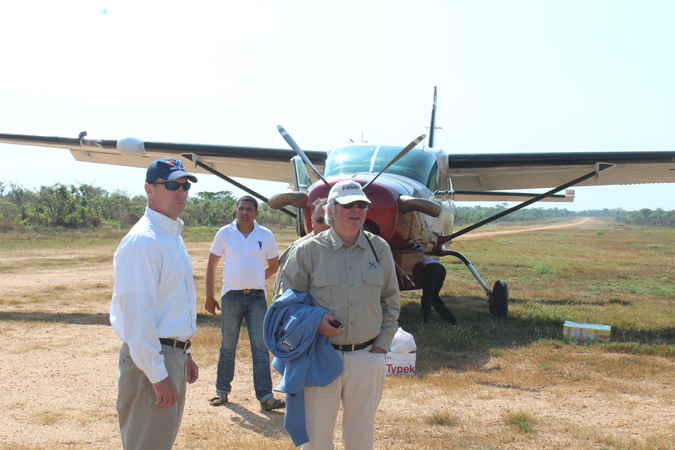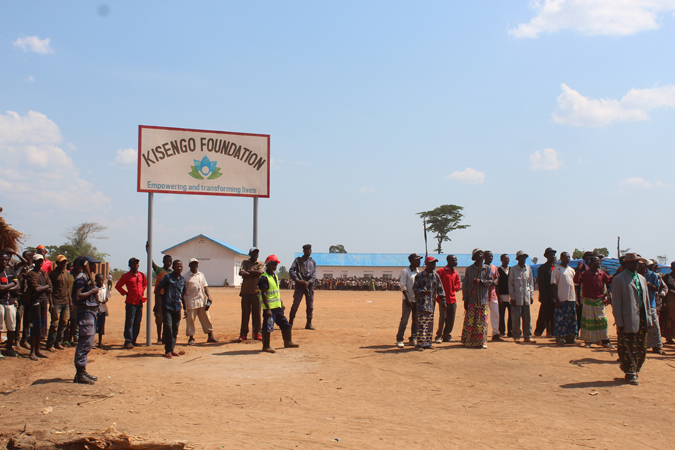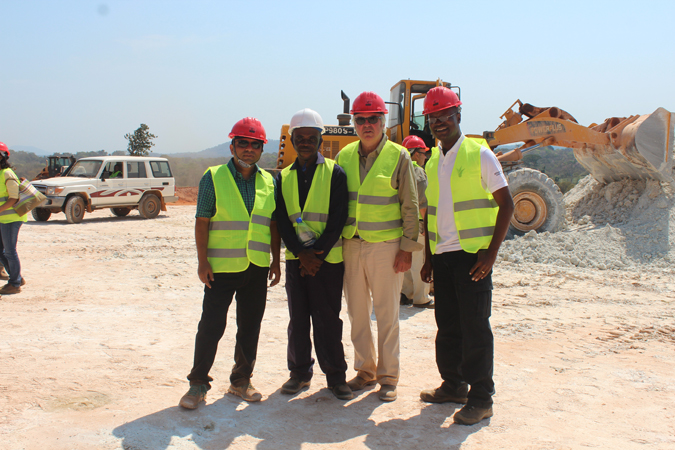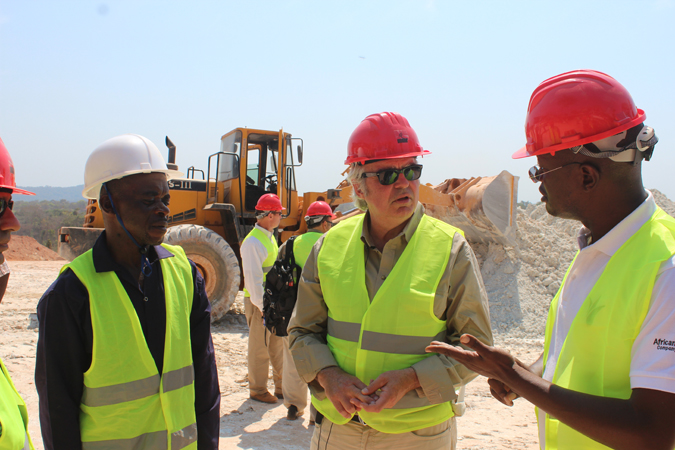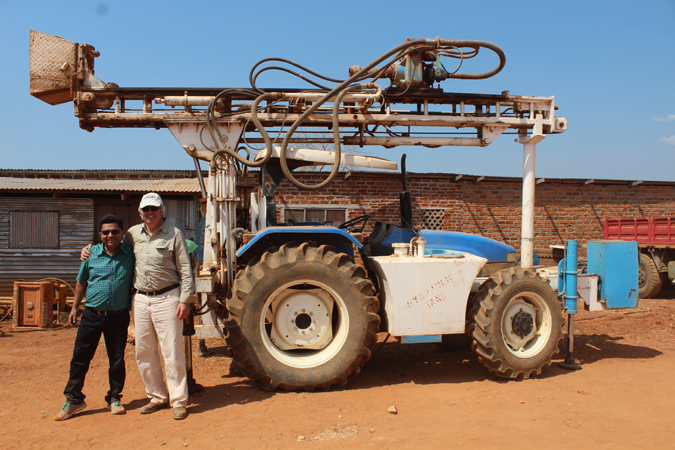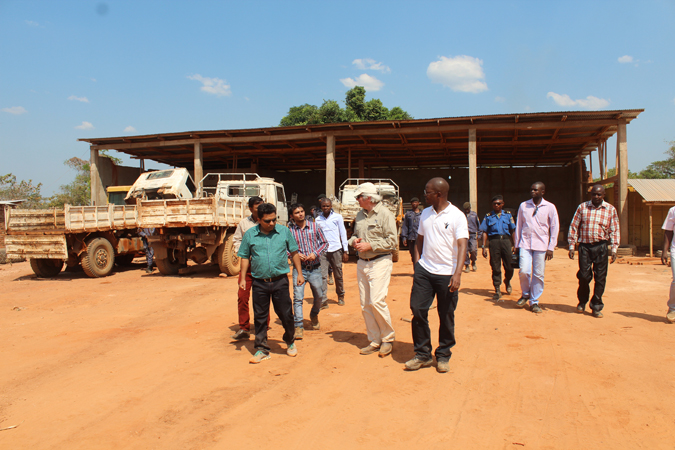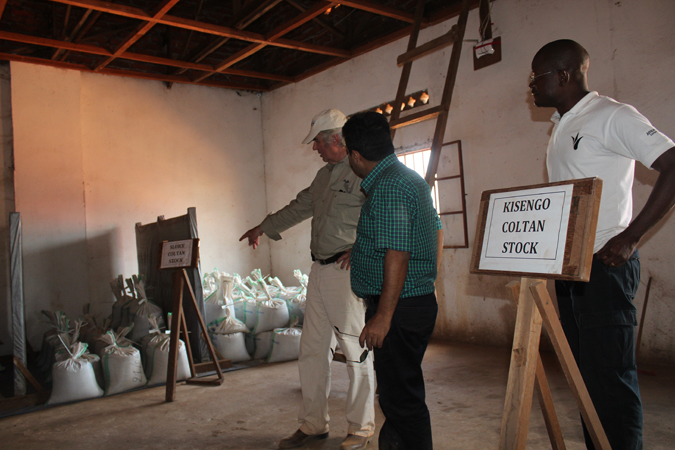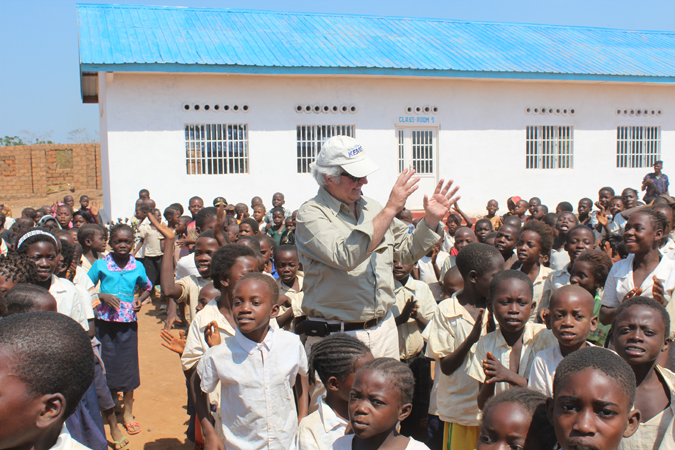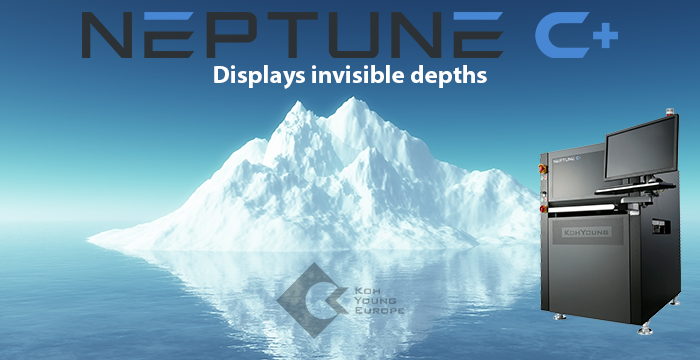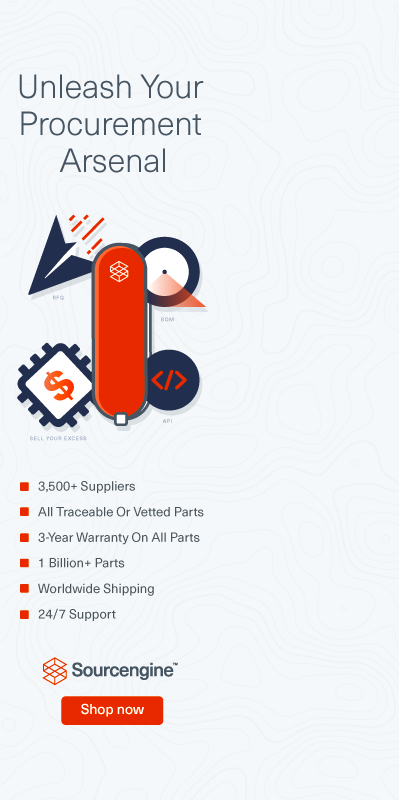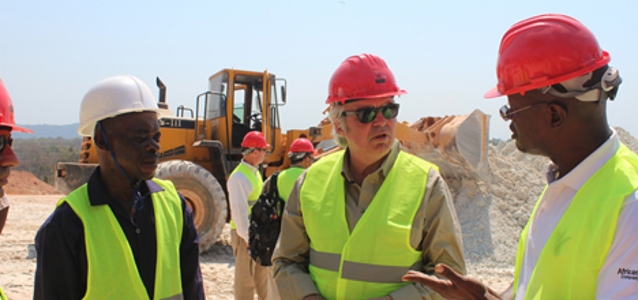
© kemet
Business |
Keeping it clean – keeping it conflict free
“Yes we've spent some money – and yes, the process to check this takes some effort.” says Per Loof, CEO of capacitor manufacturer Kemet. Deep in conversation regarding conflict free minerals, you can almost hear him shrug over the phone wanting to say “So what?”
However, I'm not going to put words in his mouth, but let him finish his sentence, “But this is not a huge financial effort but it does take time and plenty of conversations with the affected parties.”
Kemet's tantalum comes from The Democratic Republic of Congo, a country where a nutritious conflict is raging. And the trade with conflict minerals is feeding the conflict.
And in the midst of this, Kemet is keeping true to its customers, supplying its products via a clean and closed supply chain; and at the same time, giving back and building up the region in which it operates.
While Kemet's work and efforts to keep its products conflict free is of great benefit to the DRC and surrounding areas, it is also an essential part of the company.
“It's actually quite simple. It's essential for us to be conflict free otherwise we would not be able to provide our customers with our products. And the true benefits for us is, of course, that we can secure and ensure the stability of our supply chain,” says Per Loof, CEO of Kemet.
Besides being “the right thing to do”, there are some true benefits
-----
All images © Kemet
This is a topic close to Mr. Loof's heart, you can hear it during the conversation. Working towards the goal of conflict free products should be obvious is the gist or the bottom line of almost every answer. But besides being “the right thing to do”, there actually are some true benefits for companies who are investing in this. Yes, it costs money, but look at it as investing rather than spending. Sure it takes effort, but effort pays off. Back in 2010, the US Dodd–Frank Act was introduced. It's a legislation that requires manufacturers to audit their supply chains and report conflict minerals usage. Something that Kemet saw as an opportunity to initiate the process. “We started this in late 2010 when the legislation was introduced and we saw an opportunity to be able do this. So we were looking for a mining partner that we would be able to work with. And our initial view was that we were going to buy a mine or a buy part of a mine. But we found that it was probably better not to own the mine ourselves, but rather support them to get to where they need to get to by other means.” The company invested money, time and effort to get the operation up and running; it took the company four years for it to yield benefits, but now Kemet can say its products contain tantalum that is 100 percent conflict-free. “For us and me personally this has been a very rewarding experience. I've been to the village several times and I'm going again in a few months. It's quite fascinating to see it now compared to the first time I went, when the mine was really just a hole in the ground. And I mean literally just a hole in the ground with people digging with shovels and simple panning equipment. Now there's an industrial mine in place that is actually producing good products for us to use and at the same time see how this has benefited the village – it's quite heart-warming actually.” Being conflict free is an absolute requirement He tells me that from a company perspective, it has been well worth the effort and from a local perspective, for the village as well. A portion of the profit is kicked back to the village and the company has helped setting up a hospital, a new school, installing several clean water wells and solar-powered street lights. “For us to be conflict free – besides being the right thing – is an absolute requirement. Several of our big and important customers would never buy from us unless we could guarantee that our products are conflict free, and the number of companies having the same policy is growing. So it's an absolute requirement.” Mr. Loof explains that he doesn't really understand the arguments that it's too costly or too complicated. “I can understand that there are complications in regards to checking all the tin smelters. I get that.. There's a pile of rocks that needs to be fetched and you do them one by one, eventually you get it done.” More people need to go the extra mile to secure the flow of the minerals. Tantalum is, roughly speaking, about 5 percent of the output of tin (cassiterite) – which is also a “conflict mineral”. And to secure the procurement of tin, more work will be required. When the conversation led to whether government bodies are doing enough to get companies more involved in keeping it strict and clean, Mr. Loof said that the legislation the US government put forth (which was included in the Dodd-Frank Act – which defined what “conflict free” means, in a very concrete way) actually gave companies a very useful framework. “If there wasn't such legislation, we would have constant conversations with the market and our customers as to whether we were conflict free. Now there is a ‘play book’, and if you play by the book you get a check mark that says 'you're conflict free'. It makes a huge difference.” I wanted to know if one could – confidently – produce conflict free electronic products with minerals from the DRC, and Mr Loof’s answer was short: “Yes.”
